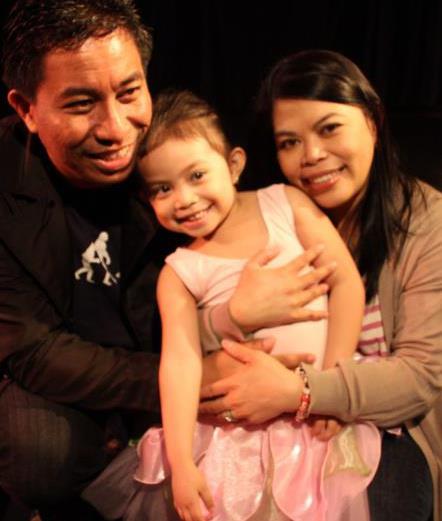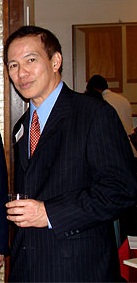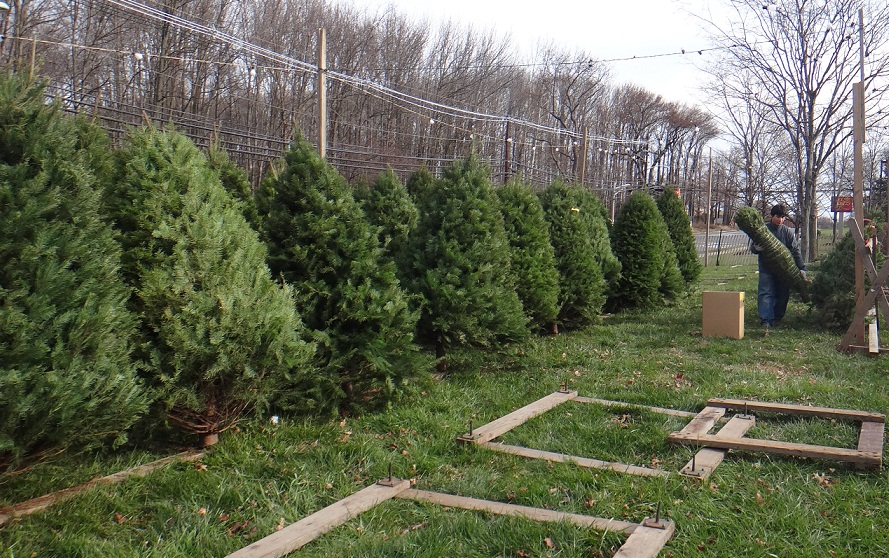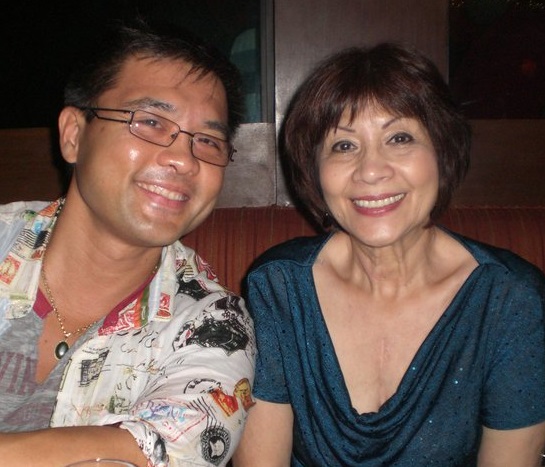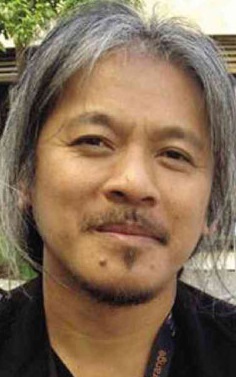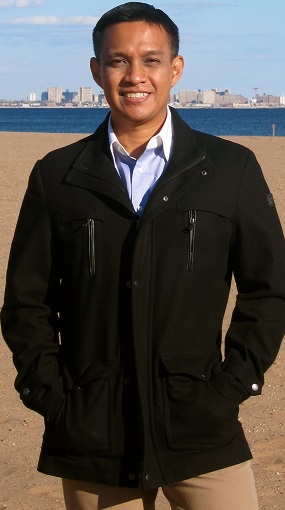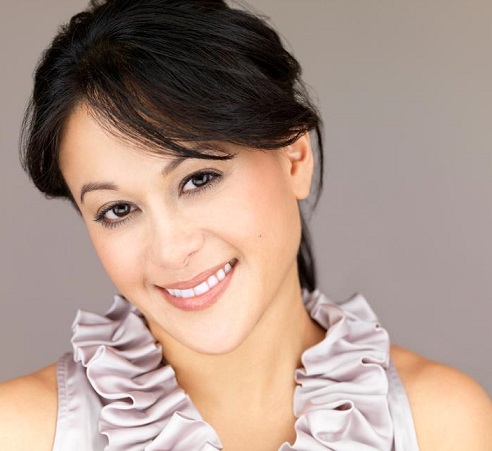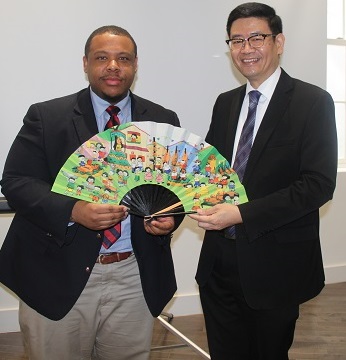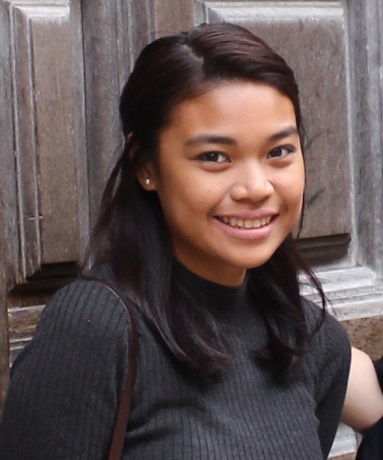What it means to be Filipino-American

For FREE immigration consultation, CLICK HERE. Use Code: THE FILAM
I prefer to spill it onto a plate of rice. Mom will put the rice into her bowl of soup. Dad will drink all of the broth first. Sinigang is what I’d like to eat right now. It is the first week in a long time that the temperature has dropped for consecutive days, and people have started wearing wool coats. Sinigang is a comfort meal. It is known for its blend of sour and savory vegetables and seasonings. I wouldn’t dare serve this to someone trying Filipino food for the first time. The sour taste of tamarind ambushes you in the unsuspected manner of soup. The broth serves as the Trojan horse for flavor combinations that may be taboo in the Western culinary world. You’re lucky if you find a sweet wedge of tomato swimming in your bowl as a reprieve. But it’s all okay because fish sauce is your armor. The savory and salty bits absorbed into the turnip, bok choy, and string beans break your palate. Before you know it, you need another spoonful of the sour soup.
Being a Filipino-American means occupying two spaces at once. It is the clash between the sour and the savory. The hyphen between “Filipino” and “American” acts as the only separation between the two different worlds and cultures. It is the bridge between these two beings. But we, Filipino-Americans, are evidence that it is possible to exist on these two planes at once and create our own dimension. To form a clear definition of “Filipino-American” is most often done for the comfort of those unlike us. The explanation of my identity was not a question until it was asked of me. It often comes in these forms. I’d be asked, “Where are you from?” and my pointblank response of “Brooklyn” is never enough. Even worse is, “What are you?” So I say “American” because that’s what I am, to which I’d get, “No, really. What are you?” Being Filipino-American means learning early on how to detect a racist.
America has set a dangerous status quo for herself. When I think of the word “American,” I think of someone who looks like me. She is a woman with brown skin. I think of the struggles that woman will face as a woman with brown skin. Being a Filipino-American means understanding a quiet struggle without warranting attention.
Three years ago after graduating college, I attended a writing course in the UK. I was one of only four people of color out of 30 or so in the program. It’s an unfortunate trend in creative spaces. After a couple of weeks of getting to know each other, we became comfortable pointing out this obvious flaw in the program. The whiteness of the course and the majority of the students always became a talking point among us, like an almost too obvious inside joke. Everyone would share their high school or college experiences with each other and tease about how white it was. They would talk of rowing crew, ivy leagues, and fleece jackets—apparent indicators of traditional American whiteness or wealth.
On one of these occasions when I shared my experience of attending an all-girls private school in Brooklyn, one person said, “You’re basically white.” Like many things white people say or do, this was a phrase that he probably wouldn’t remember now, and perhaps even deny. But one of the gifts of being a person of color is our extended memory and the gift to remember the actions and words people have said that have scorned us in some form. “No, I’m not,” I had to repeat to him, but he wouldn’t budge. “Yes, you are,” he kept insisting. There are many iterations of this white guy we all meet at some point. It’s not an uncommon statement to hear though, especially as an Asian person, with “Asian-ness” yet another muddled form of American identity. This person’s comment is another interpretation of Asians in America and the tendency to assimilate–the cursed myth of the “model minority” as a way to wedge us against black Americans.
Being a Filipino-American means learning to unlearn these lessons. We are put through an educational system that is its own form of colonization that teaches us a world of binaries—the good versus evil. Our Filipino culture and food are results of colonization. I identify as American and Filipino. At home, I’m identified by my parents as American. In school, I was identified by everyone else as Filipino. Zora Neale Hurston wrote, “I feel most colored when I am thrown against a sharp white background.” Being Filipino-American is beautiful and complex. It means having an apparent strength and understated power. It means yearning for sinigang when in a foreign country to find some connection back home.
Jessica Joyce Jacolbe graduated from St. Joseph’s College in Brooklyn where she studied Economics and Journalism and served as the editor of the college newspaper. She is currently a freelance journalist with work featured in Garage Magazine, Motherboard at Vice, The New Inquiry, On She Goes, and ILY Magazine. This piece won first prize in the essay writing contest sponsored by the Fil-Am Press Club New York to commemorate Filipino American History Month.

